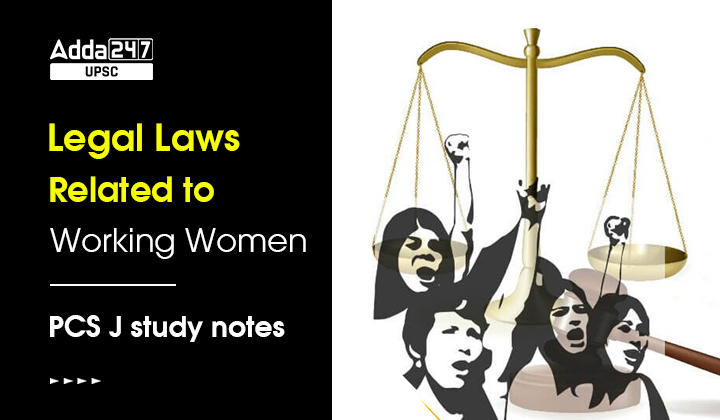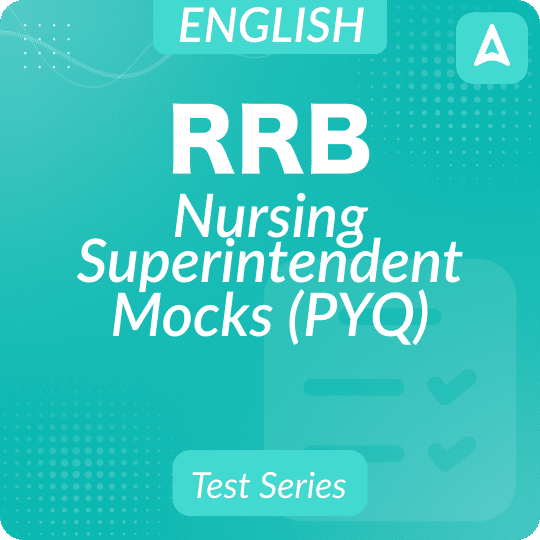Table of Contents
Laws Related to Working Women: India is a country with a rich cultural heritage, where women have always played a vital role in shaping society. However, women’s participation in the workforce has been limited due to various reasons such as social norms, cultural practices, and gender bias. To overcome these challenges, the Indian government has introduced several laws to protect and empower working women. In this article, we will discuss some of the key laws related to working women in India.
Laws for Working Women In India under Labour Laws
In India, working women are protected under various labour laws related to working women. These laws aim to provide equal employment opportunities and protect them from discrimination and harassment at the workplace. Here are some of the key labour laws related to working women in India:
- Maternity Benefit Act, 1961: The Maternity Benefit Act, 1961 is a social welfare legislation that provides for maternity benefits to women working in factories, mines, and other establishments. According to this act, a pregnant woman is entitled to paid leave for 26 weeks, which can be extended up to 8 weeks in case of medical complications. The employer is also required to provide medical facilities and nursing breaks for the new mother.
- Equal Remuneration Act, 1976: The Equal Remuneration Act, 1976 prohibits discrimination in the payment of wages based on gender. According to this act, men and women are entitled to equal pay for equal work, and any employer found guilty of paying unequal wages can face penalties.
- Sexual Harassment of Women at Workplace (Prevention, Prohibition and Redressal) Act, 2013: This law aims to prevent sexual harassment of women at the workplace and provides a mechanism for redressal. It requires employers to set up Internal Complaints Committees to address complaints of sexual harassment.
- Factories Act, 1948: This law regulates the working conditions in factories, including safety, health, and welfare provisions. It requires employers to provide separate toilets, washing facilities, and restrooms for women.
- Shops and Establishments Act: This law regulates the working conditions in shops and commercial establishments. It mandates that women should not be required or allowed to work beyond 7 pm and before 6 am. The Act provides for separate restrooms and washing facilities for women workers. It also prohibits the employment of women during night shifts.
- Child Labour (Prohibition and Regulation) Act, 1986: This law prohibits the employment of children below 14 years of age. It also prohibits the employment of adolescents (14-18 years) in hazardous occupations.
- The Industrial Employment (Standing Orders) Act, 1946: This law requires employers to define the conditions of employment in writing, including those related to working hours, leaves, and termination of employment. It also mandates that these conditions should be communicated to the employees in a language they understand.
- The Mines Act, 1952: The Mines Act, 1952 governs the working conditions in mines. The Act provides for separate restrooms and washing facilities for women workers. It also prohibits the employment of women in underground mines.
Prevention of Sexual Harassment (POSH) of Women at Workplace Act Law for Working Women in India
The POSH Act stands for the Prevention of Sexual Harassment (POSH) of Women at Workplace Act, which was enacted in India in 2013 in light of the laws related to working women. The Act aims to prevent and prohibit sexual harassment of women in the workplace and to provide a mechanism for redressal of complaints related to such harassment. Important points related to POSH Act in light of the laws related to working women have been mentioned below:
- The POSH Act applies to all workplaces in India, including both organized and unorganized sectors. It mandates the formation of an Internal Complaints Committee (ICC) at every workplace with more than 10 employees, which is responsible for addressing complaints related to sexual harassment at the workplace.
- Under the POSH Act, sexual harassment is defined broadly to include any unwelcome physical, verbal or non-verbal conduct of a sexual nature. The Act provides for strict penalties in case of violation of its provisions, including a fine and imprisonment.
- The POSH Act has been instrumental in creating awareness about sexual harassment in the workplace and in empowering women to report incidents of sexual harassment.
- However, its implementation has been limited due to inadequate infrastructure and lack of awareness about the Act among employers and employees.
- Therefore, it is important for all stakeholders to take necessary steps to ensure the effective implementation of the POSH Act to create a safe and harassment-free workplace for women in India.
Case Laws on Laws Related to Working Women in India
There have been several landmark case laws ion laws related to working women in India. Here are a few notable ones:
- Vishaka v. State of Rajasthan (1997): This case was a significant development in the law related to sexual harassment at the workplace. The Supreme Court of India laid down guidelines to prevent sexual harassment of women at the workplace until legislation was enacted to address the issue. The guidelines included measures for employers to prevent and redress sexual harassment complaints.
- Air India v. Nergesh Meerza (1981): This case was instrumental in ensuring that women could not be discriminated against in employment. The Supreme Court held that the employment of women as air hostesses could not be restricted on the basis of their marital status or pregnancy.
- Anuj Garg v. Hotel Association of India (2007): This case clarified the law related to maternity leave in light of laws related to working women in India. The Supreme Court held that maternity benefits are a fundamental right of women employees, and that women cannot be denied maternity leave on the grounds that they have not completed one year of continuous service.







 TSPSC Group 1 Question Paper 2024, Downl...
TSPSC Group 1 Question Paper 2024, Downl...
 TSPSC Group 1 Answer key 2024 Out, Downl...
TSPSC Group 1 Answer key 2024 Out, Downl...
 UPSC Prelims 2024 Question Paper, Downlo...
UPSC Prelims 2024 Question Paper, Downlo...




